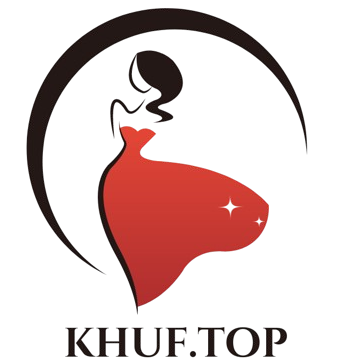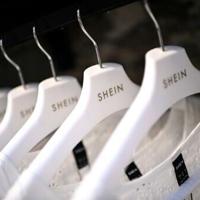With jaw-droppingly low prices and an apparently endless variety of modern clothing, Shein has taken the world by storm and is now in the sights of European lawmakers who want to stop the excesses of strong fashion.
Customers love the Foreign- founded agency’s large library of ultra- low items, from$ 8 sundresses to 48- cent bracelets, at a time when inflation has shrunk purchasing power around the world.
Shein has been accused of using businesses run by overworked and stressed cloth manufacturers, as well as H&M and Zara, and of causing significant harm to the environment.
The business is also accused of promoting hyperconsumerism and selling clothing meant to be discarded after a few uses by critics, a demand that its rivals likewise brought against it.
But what sets Shein off, experts say, is a super- efficient supply chain and product development process.
Apple “aunties” are greeted with applause at the beginning of the Shanghai shop.
“In principle, Bangladesh could possibly buy clothing for cheaper than Shein. But there’s no ecosystem it to promote it, to brand it, to sell it abroad, to deliver it”, Allison Malmsten, China market analyst at Beijing- based Daxue Consulting, told AFP.
“China has all of these factors”.
According to experts, Shein moved its office to Singapore between 2021 and 2022 to fend off growing international investigation of Chinese businesses.
It also benefits from China’s special combination of its extensive, low-cost textile manufacturing sector with advanced e-commerce technology and logistics networks.
Temu, an online store that is often compared to Shein, acts more like a discounted version of Amazon, which offers third-party home goods, tools, and gadgets. In addition, that ecosystem has spawned the online store.
According to study by University of Delaware style expert Sheng Lu, Shein offered an astonishing 1.5 million various clothing items for sale last year, significantly exceeding the pioneering Hispanic fast-fashion brand Zara, which had 40, 000 styles.
Although a variety of this size typically comes with a lot of risk and manufacturing fees, Shein reported $23 billion in revenue and $800 million in gross revenue in 2022, The Wall Street Journal reported.
Rui Ma, a leading expert on China firm and author of the Tech Buzz China newsletter, told AFP, “The sole reason Shein is able to get away with this is because they’re really efficient and they have very much waste in their warehouse.”
By testing and producing new products in small initial batches of 100 to 200 items, Shein told AFP in a statement, adding that this prevented “the pitfalls of overproduction.” “We gather and evaluate customer feedback in real time, and restock only the products our customers truly want,” Shein said.
More than 5, 000 third-party manufacturers, largely in China, are part of a tightly managed supply chain that supports this on-demand strategy, which local media reports claim Shein is roosting entire districts of small workshops.
Reddit, a social media company, has a high IPO rate.
According to a 2021 Zhongtai Securities report, the company evaluates suppliers’ adaptability and ability to fulfill urgent orders, and it regularly eliminates the worst performers.
It also tracks user searches and social media trends to create designs that are almost certainly going to sell, frequently appearing to be just copycats of other brands.
One of a number of Shein-related intellectual property disputes is a recent lawsuit filed by Japanese retailer Uniqlo over an alleged copycat bag design.
“You can imagine their design team more as data people, and less as design people”, Malmsten said. “They’re not sitting there with sketchbooks, they’re sitting there with computers and data”.
‘Micro-influencers’
In recent years, the biggest fast-fashion companies in the world have been accused of promoting labor exploitation and its negative impact on the environment through waste and pollution, including Shein.
Last week, the French parliament approved measures to lower the cost of fast fashion in France, particularly because of sustainability concerns.
Shein claims its on-demand model prevents overproduction and “dramatically reduces waste,” and that it regularly conducts third-party audits to ensure fair wages.
Even as it refutes these accusations, it has a large following of fans who praise it for making fashion accessible to those with tight budgets, especially in plus-size styles.
Shein has carefully selected this inclusive image by enlisting small-time video bloggers and social media users to represent the company in exchange for free goods and money.
Unlike luxury brands that use celebrity ambassadors, Shein has sought out “micro- influencers” in the form of “everyday people”, according to Malmsten.
The company uses the tactic to “bombard consumers, so everywhere that you look online you’ll see Shein products”, she said.
However, the strategy occasionally backfires, with a strong backlash following a sponsored factory tour for a group of Western influencers last year for glossing over alleged labor violations.
Argentina’s battered middle class shrinking under Milei
Ma warned against giving Shein’s success too much credit on social media.
“It’s not like there weren’t plenty of companies trying to mimic Shein (on social media)”, she told AFP.
“The marketing aspect is the most ineffective and easiest to copy because it’s not their fundamental competitive advantage,” they say.

